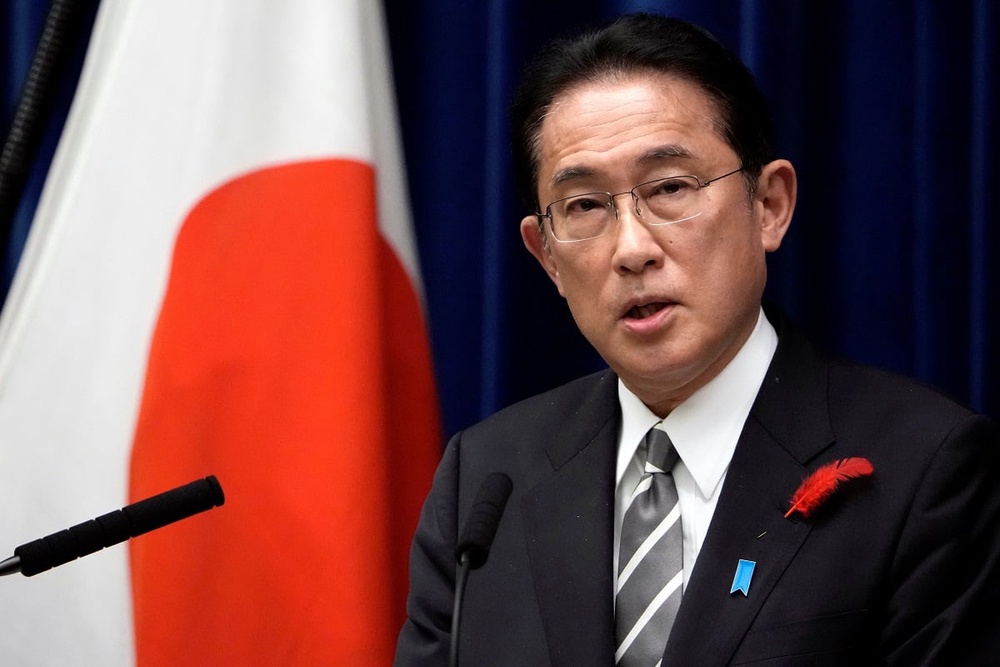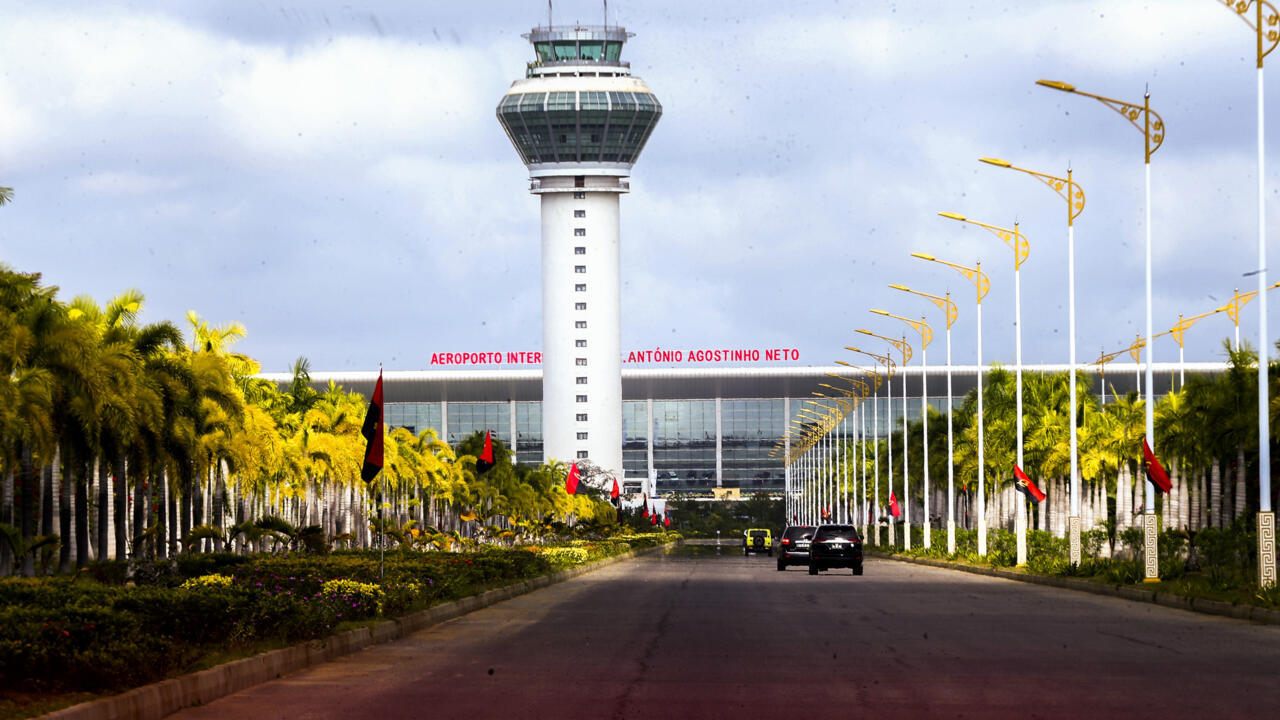Japan’s Prime Minister Fumio Kishida has unveiled a bold economic plan to tackle the challenges facing the nation. In his recent speech to kick off a new parliamentary session, Kishida announced a series of measures designed to address the economic concerns of the people. One of the key highlights of his plan is an income tax cut for households affected by rising inflation. As the cost of living continues to surge, Kishida is determined to ease the burden on Japanese families by providing them with much-needed financial relief. Additionally, he aims to introduce corporate tax incentives that promote wage increases, investments, and optimization. This move is intended to foster economic growth and create a more sustainable future for Japan.
Kishida’s commitment to these initiatives comes at a critical time when Japan is grappling with the impact of soaring prices for essentials like food and utilities. For many households, the increase in living costs has outpaced salary hikes, resulting in financial strain. To address this issue, Kishida’s income tax cut proposal is a welcome step towards alleviating the burden on the average Japanese citizen. By providing financial relief, the government hopes to make life more affordable for its people and bolster their economic well-being.
Furthermore, Kishida’s plan to implement corporate tax incentives is a strategic move to encourage companies to prioritize wage hikes, investments, and operational efficiency. This approach is seen as a shift from the traditional focus on cost-cutting and low wages. Kishida envisions a future where businesses play a more active role in driving economic growth by investing in their workforce and optimizing their operations. By doing so, the government hopes to create a more prosperous and dynamic business environment.
However, Kishida’s proposals have not been without controversy. Opposition leaders have criticized the timing of these announcements, suggesting they may be an attempt to secure votes ahead of two crucial by-elections. Regardless of the political context, these tax cuts and corporate incentives are essential for the country’s economic future. They signal a shift away from the previous approach of cost-cutting and low wages, emphasizing a focus on growth led by sustainable wage increases and active investments.
In addition to these economic measures, Kishida also touched on Japan’s diplomatic priorities. He highlighted the need to bolster the nation’s military capabilities in response to global developments such as Russia’s invasion of Ukraine and the Israeli-Palestinian conflict. This underscores the importance of Japan’s security and its role in international affairs.
On the diplomatic front, Kishida also addressed the ongoing issue of the ban on Japanese seafood imports imposed by China. This ban was implemented in response to concerns about the radioactive wastewater released into the sea from the Fukushima Daiichi nuclear plant. Kishida called on China to lift this ban and stressed Japan’s commitment to finding alternative markets for its fishing industry.
In conclusion, Prime Minister Fumio Kishida’s economic plan marks a significant shift in Japan’s approach to economic and diplomatic challenges. His commitment to income tax cuts and corporate tax incentives demonstrates a determination to improve the lives of the Japanese people by providing financial relief and encouraging economic growth. These measures, along with his focus on security and diplomacy, reflect Kishida’s vision for a stronger, more resilient Japan in the face of global challenges. As these initiatives take shape, they have the potential to reshape Japan’s economic landscape and position the nation for a more prosperous future.














